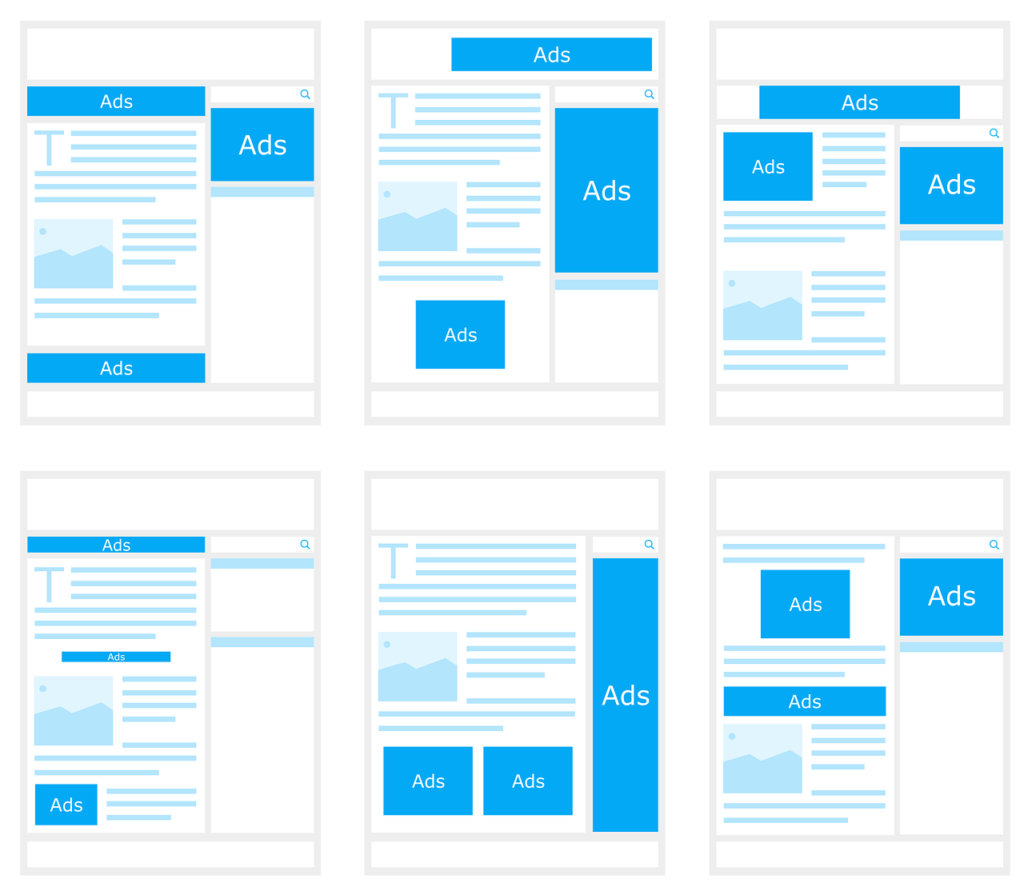Keyword research helps us to establish our credibility, expertise, experience, authority, and trust by letting us optimize our blog for audience and search engines like Google but what to do after keyword research exactly?
We all know especially as a beginner that we need to optimize our website using keyword research after we have done our keyword research what’s next?
How can we leverage our research to gain maximum input, structure our posts, and optimize our website?
We need to make sure our content aligns with our research and over time provides us with better organic rankings and rewards but how to achieve this? Let’s find out!
Post-keyword research practices are often ignored and hence SEO gets neglected but the steps that we will discuss will fill the SEO gaps and you will be able to optimize your blogs and website with your awesome keyword research experience.
Table of Contents
Follow These 16 Steps On What To Do After Keyword Research

Keyword research is on the rise and modern techniques align much better if implemented in a strategic way.
Keyword research must be analyzed and analytically you must take actions in order to serve the user’s purpose, interests, intents, and needs to earn views and profits.
Let’s see how to take your keyword research efforts to the next level.
1. Search Intent

Search intent is the first that must come to your mind while doing and after you have done your keyword research because researching keywords and implementing them on a blog are whole different things.
Search intent will make sure how you set the tone of your writing process and how will you customize your keyword optimization in a way that attracts search engines and audiences.
Search intent will always be your first priority and keep it on your head. It’s an automated process in your head that should process once you start focusing on content writing.
2. Organizing Keyword List
Organize the list of keywords you have researched because that will help you to organize your content and you can manage the flow of your content once you start discussing with yourself about your next goal.
Optimizing short or long-tail keywords can eventually help you process how you should write and present your piece of content that looks appealing to your audience.
Organizing your keywords based on their search volume, difficulty and intent will help you know how to build your content with a systematic management for your business goals.
The organization also helps in keyword cannibalization and helps you stay focused on your keyword research list.
3. Keyword Mapping
Aligning keywords specifically on your website pages is about keyword mapping while it’s important from an SEO perspective that you must categorize keywords into groups and clusters.
This helps in organizing your research further and hence focus on building your blog website in a structured way.
4. Set Up Keyword Tracking
It’s also essential to monitor your keyword with a rank tracker tool and analyze your keywords further to cross-verify your information and then proceed further.
From an SEO perspective, it’s so important to fully analyze your website and improve user experience.
5. Develop A Content Strategy

Develop a content strategy since now you have keywords so now you can build your plans to strategies and organize your content so that your content looks out of the box.
First, identify the main headline, and sub-headlines then focus on the priorities of your keyword based on search intent and flow of your content.
Once it happens, now it’s your time to strategies according to the driven strategies that you use.
Categorize related keywords and then create multimedia content that can surpass the user’s experience and expectations.
This way you will be able to handle user requests and maintain your brand and website structure by streamlining the production process.
6. Analyze Your Strategy
Now, it’s time to analyze your strategy hence make sure you focus a lot on your content calendar, content type, and the way you have organized your keyword research.
It’s you who can change the way you work on your website and attract visitors.
7. Create Human Generated Content
For the strategy avoid AI-generated content and instead focus on human-generated content because that’s what the audience and Google search for, focus on unique elements and how you cover different aspects altogether.
Human-generated content works better than AI-generated content, leverages more views in the long run, and gets more social sharing.
8. Editing And Optimizing Existing Content
If you are a blogger and you have older articles then make sure that you optimize your existing content with the above strategies from time to time.
This is because we need fresh and updated content to showcase on our website to attract more visitors and tell search engines why we matter the most in the market.
Existing content should always be given priority and it’s often ignored by many bloggers and due to this, we bloggers face issues.
9. As A Blogger, Follow A Conversational Tone
Writing blogs in an informal tone, focusing more on personalization and conversational tone is preferred by the audience as to why some topics and niches need formal attention, still majority of the time, informal interaction works better altogether.
This is to inform you that as a blogger all we need is better performance of our content and website in order to get more sales.
10. Optimize For SEO

Make sure you don’t ignore SEO after you have done your keyword research.
This is one mistake many new bloggers still make, as all they do is focus on keyword research or they only focus on SEO.
We need to leverage both in order to get maximum long-term benefits.
Optimizing your website for SEO can give you much better results if done properly.
11. Focus On Voice Search Optimization
Voice search optimization is going to double soon hence voice-based searches are growing so new need to focus on these keywords that can help us better understand the consequences of future blogging.
In the future, instead of only focusing on traditional SEO practices, as a blogger you must leverage voice search optimization by focusing on long-tail keywords and personalized conversation talking with the audience consistently.
If you don’t know much about this then check out the detailed blog post on Best Blogging easy guide on voice search optimization.
12. Build High-Quality Backlinks
After your rigorous research, all you want is growth right? That organic growth especially for a new blog is only possible through backlinks.
Backlinks are like votes that we receive from other websites stating why our content matters the most to our audience.
This way you can better align your focus to achieve better Google rankings, views, and more sales resulting in higher ROI.
13. Promote Your Content
Try to promote your content to the new audience since after you do your keyword research and write a blog post you just can’t sit right.
You have a responsibility and that is to attract new viewers which can be done by promoting your blogs via social media or organic clicks from earth engines.
Focus on promotion for most of the time as a new blogger.
14. Embed New Elements
Try to embed elements like media, videos, and links to your blog after keyword research as it can help you gain more popularity, engagement, better SEO performance, and a chance to do better than your competitors.
Embed new stuff on every blog in order to ensure why people must connect with you and how they should navigate and trust your work and words.
15. Repurpose Your Content

Try to repurpose your content after keyword research and based on data-driven facts, and figures repurpose your content for multiple platforms and craft attractive content.
This content should drive more traffic to your blogs or website via images, videos, infographics, etc.
16. Consistency
If you have tried everything till now and still don’t know what to do after keyword research as nothing worked then believe in consistency.
This is the only thing that can save you and your legacy with your time and energy.
Consistency can bring out the best in you and you must do your work repetitively in order to ensure better results and to know the answer to what to do after keyword research you need to wait for a long time and waiting here means consistency without thinking about the results again and again every single time.
Consistency means posting frequently as you have planned and scheduled your best work for your viewers and audience.
Conclusion On What To Do After Keyword Research
So from today, whenever you focus on keyword research or you have completed your keyword research, remember that you have to optimize your content and website as per the 16 steps we discussed and follow this strategy on what to do after keyword research.
Share our blog online by mentioning us @ShivamRoyIndustries and share this with others so that even they can learn and grow and you earn good wills, remember: sharing is caring.









